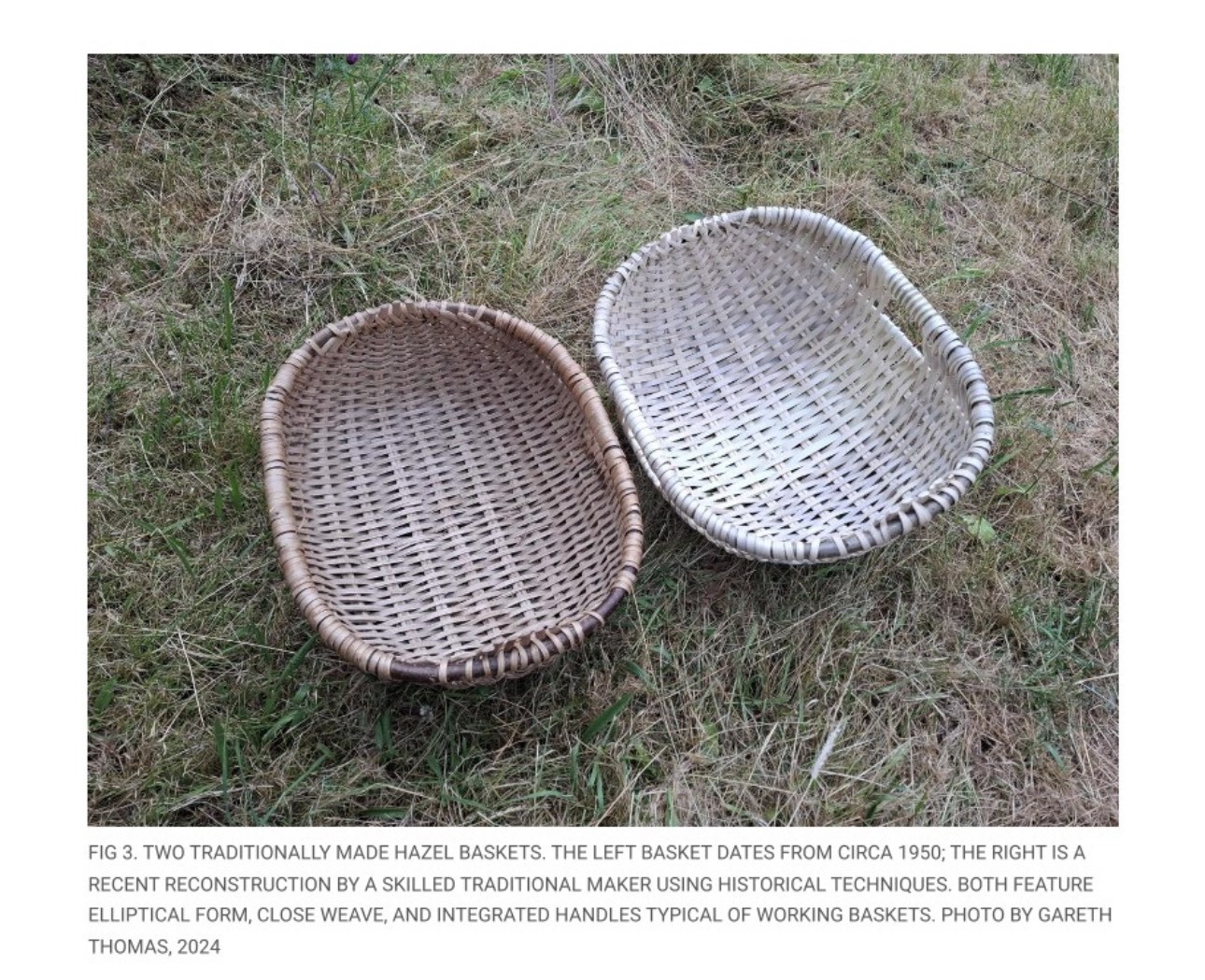
Posted in News on Feb 11, 2025.

The UNESCO-MOST BRIDGES Coastal TALES project was invited to present at COP29, showcasing a compelling short film at the 'Bio- Cultural Heritage for the Future: Mobilizing the Past for Climate Resilience' event.
Hosted by the Joint Programming Initiative Connecting Climate Knowledge for Europe (JPI Climate) in collaboration with the Belmont Forum, this event highlighted research from the Belmont Forum’s Climate and Cultural Heritage (CCH) programme of Collaborative Research Actions, aiming to demonstrate how cultural heritage can inform and bolster efforts to mitigate the climate crisis.
Coastal TALES asks: How can stories of past practices help people (re)discover more sustainable ways of living in their rapidly changing coastal environments? Our goal is to show how heritage stories can generate tangible local action that diverse communities can draw on to adapt to a changing climate. We use a transdisciplinary approach, building on the knowledge and agency of local communities in dialogue with academic expertise across the spectrum of humanities and sciences.
Facing a world undergoing significant social and ecological transformation, many people ask, "what can I do?" Individual actions often feel insufficient, with little perceptible effect. Coastal TALES attends to this growing social need by examining how stories can generate tangible action and offer creative inspiration to local communities and regional environmental stakeholders seeking to adapt sustainably.
Coastal TALES collaborates with societal partners to understand how heritage stories can drive action in education, policy and nature-based innovation. We are focusing on three coastal areas (Kodiak Island, Alaska, Dublin Bay in Ireland and southwest Wales) which bring together examples of environmental change affecting distinct communities with a shared sense of urgency.
The Kodiak study highlights commercialised fishing in an Indigenous context, encouraging youth to draw on ancestral knowledge as a means to forge environmentally sustainable communities and lifeways.
In Ireland oral histories and historical maps help identify practices of managing rising waters with hard and soft coastal defence structures.
In Wales revival of local coastal heritage foods is foregrounded, with an emphasis on learning how heritage stories can drive sustainable adaptation. Coastal TALES demonstrates the value of reviving heritage stories in three distinct social contexts, each of which uniquely illustrates how listening to voices from the past and empowering voices of the present can create a legacy for future generations and offer a source of resilience in the face of climate stress.
We’re delighted to share the Coastal TALES film, produced for COP29, for audiences to gain deeper insight into the important work this project is engaged in. Also showcased on the Heritage Research Hub YouTube channel, the film was well received and a key part of the showcase at the COP29 event. The film was shown continuously during the event from 21 to 22 November, alongside eight other project videos from the same Climate and Cultural Heritage (CCH) call, ensuring broad exposure to a diverse audience.
Additionally, a brochure was distributed, introducing the CCH projects, further engaging attendees and providing context for the showcased research. The event attracted over 100 participants, including government representatives, researchers, and international delegates. The feedback was overwhelmingly positive.
An upcoming new event focused on biocultural heritage, co-organized by JPI Climate, JPI Cultural Heritage, and the Centre for Functional Ecology is taking place at the University of Coimbra. This event will explore the intersections of cultural ecosystem services and biocultural heritage, fostering collaboration between the natural sciences, social sciences, and humanities. Due to the strong relevance of the Coastal TALES project to the event’s themes, the Coastal TALES film will be showcased on the event website.
Further information on the Coastal TALES project can be found here.


